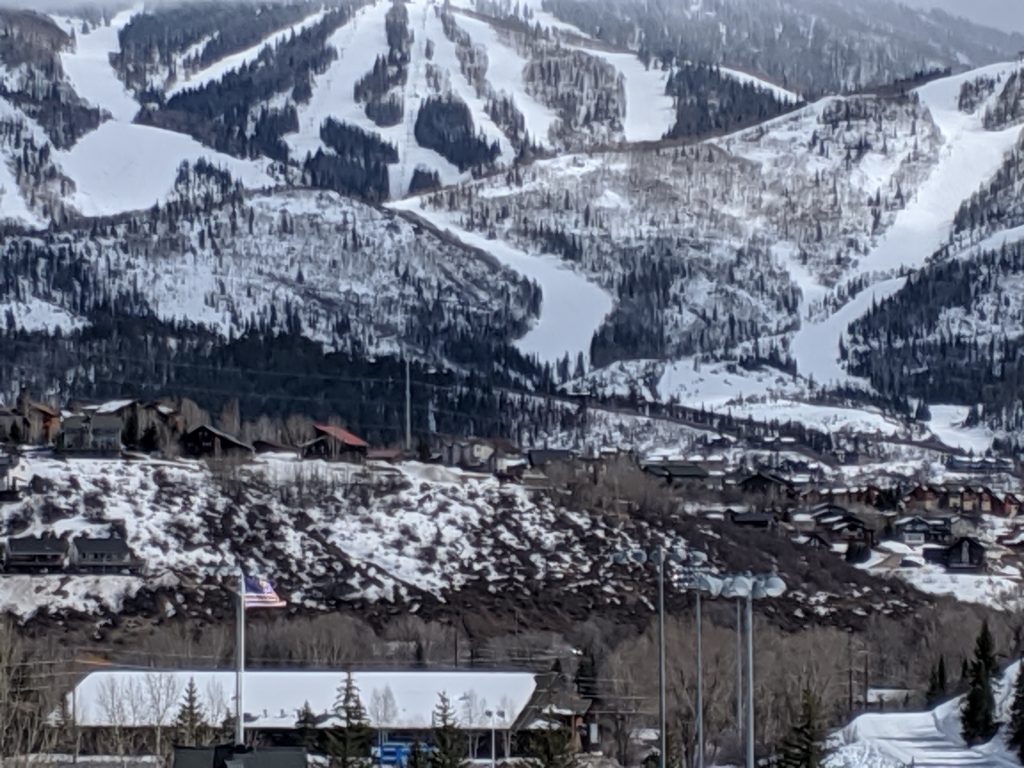
Aspen is leading the way in regulating short term rentals. The five-member board unanimously approved a policy resolution that would allow amending the municipal land-use code to require vacation rental properties to acquire a business license. On the surface this doesn’t sound like such a drastic move, but there is more to the story.
Why is Aspen focusing on short term rentals now?
Aspen is not unique in trying to find balance with short term rentals. This summer was a wakeup call to many mountain towns with properties appreciating quickly pricing out workers and many long time locals. Furthermore, demand for rentals has skyrocketed which tilts the equation even further towards short term rentals versus long term rentals.
“The issue at hand is that there is currently inadequate compliance with business license and Short-term Rental (STR) permitting regulations, reducing the taxes collected by the city from STR businesses and undermining the city’s ability to monitor and regulate the industry,” said a memo to City Council from Strecker and Supino. “Amending the STR regulations in the land-use code will provide finance and community development the tools and information required to improve tax compliance and collect essential data about STRs in town.”
What is in the new ordinance
On the surface it seems innocuous; all short term rentals would be required to acquire a business license, this is on top of the short term rental permit. The business license will ensure tax compliance and help level the playing field between short term rentals and other commercial lodging companies.
“We have 650 units that are listed somewhere as a rental unit that don’t have a business license,” said Pete Strecker, city finance director. “Our data is still telling us the same story.”
Short-term rentals on such sites as VRBO and Airbnb are prime offenders, officials said, because most of them don’t pay the city’s 2% lodging and 2.4% sales taxes.
The ordinance is just the beginning
Aspen with this new ordinance requiring a business license is taking a big step on increased regulation. In Aspen, like many ski towns, is trying to balance the needs of residents and tourists. After this summer many ski town residents have said they have had enough of “over tourism” and are looking to restore balance.
One prime suspect that many locals accuse of contributing to over tourism is the huge rise in nightly rentals. With nightly rentals now being classified as businesses that are required to get a license, the next logical step is to tax them like businesses to help pay for the impact of tourism.
To truly “level the playing field” the next logical step is to tax the nightly rental businesses with commercial tax rates. Commercial tax rates are around four times the residential property tax rates and would put a substantial dent in the number of nightly rentals.
Along with paying commercial property taxes, classifying nightly rentals as a business also leads to the question of zoning. Where will these businesses be permitted to operate and how many are allowed?
Summary
Requiring nightly rentals to acquire a business license is the first step to further regulate the nightly rental industry. The next logical steps will be commercial taxation and zoning on where nightly rentals are allowed and the number allowed. Aspen is on track to be the trendsetter in nightly rentals, but look for other ski towns to follow as they try to balance tourism and pandemic crowds with needs/desires of residents along with tax revenue.
Additional reading/resources
We are still lending as we fund in cash!
I need your help!
Don’t worry, I’m not asking you to wire money to your long-lost cousin that is going to give you a million dollars if you just send them your bank account! I do need your help though, please like and share our articles on linked in, twitter, facebook, and other social media. I would greatly appreciate it.
Written by Glen Weinberg, COO/ VP Fairview Commercial Lending. Glen has been published as an expert in hard money lending, real estate valuation, financing, and various other real estate topics in Bloomberg, Businessweek ,the Colorado Real Estate Journal, National Association of Realtors Magazine, The Real Deal real estate news, the CO Biz Magazine, The Denver Post, The Scotsman mortgage broker guide, Mortgage Professional America and various other national publications.
Fairview is the recognized leader in Colorado Hard Money and Colorado private lending focusing on residential investment properties and commercial properties both in Denver and throughout the state. We are the Colorado experts having closed thousands of loans throughout the state.
When you call you will speak directly to the decision makers and get an honest answer quickly. They are recognized in the industry as the leader in hard money lending with no upfront fees or any other games. Learn more about Hard Money Lending through our free Hard Money Guide. To get started on a loan all we need is our simple one page application (no upfront fees or other games)